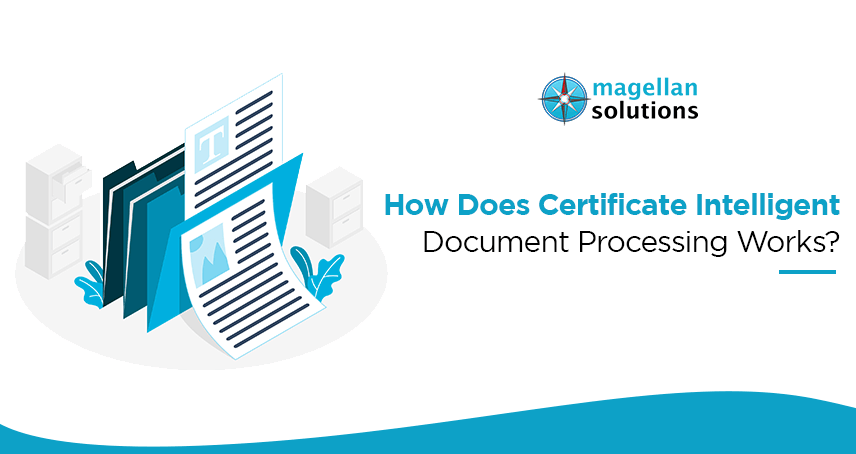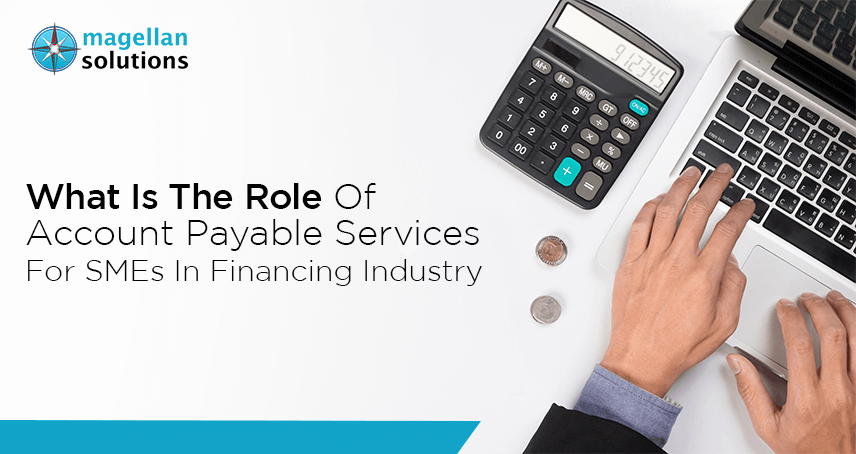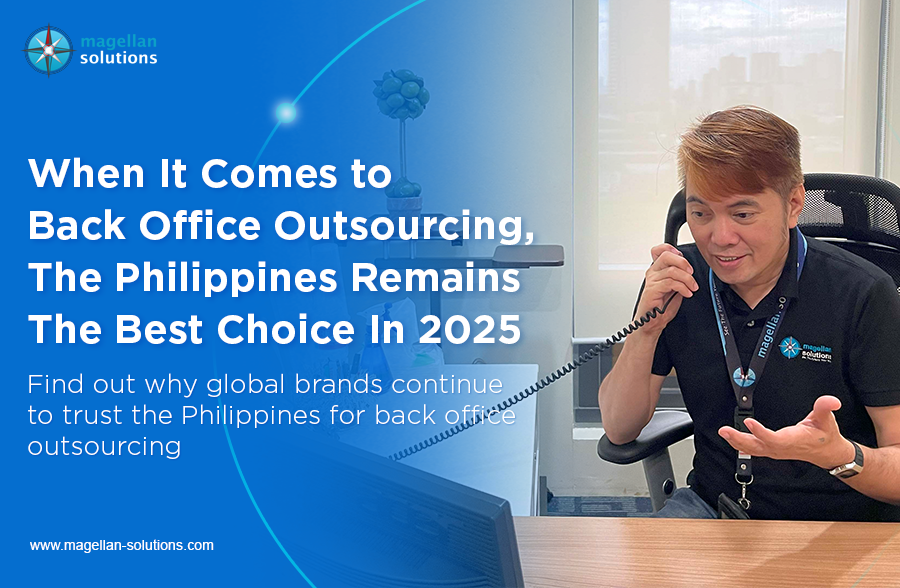Schedule a FREE call with our outsourcing expert now and get a precise quotation that meets your requirements. Don't wait - get started today!
Accounts payable services are the backbone of a company’s financial health. Every invoice tells a story—of goods received, services rendered, and obligations met. But managing these payments internally? That’s where things get complicated.
Missed deadlines, processing errors, and endless paperwork can drain resources and stall business growth. That’s why smart companies are outsourcing their accounts payable functions. It’s not just about paying bills—it’s about optimizing cash flow, strengthening supplier relationships, and freeing up time for what really matters.
So, how does outsourcing accounts payable work? Let’s break it down.
What Are Account Payable Services?
Receivables financing is when a business receives funding based on issued invoices. Those invoices refer to purchases made, but the payment hasn’t been received yet.
From an accounting perspective, there are:
- Accounts payable
- Accounts receivable
The difference depends on which angle of the invoice we look at.
Accounts payable are when the company owes money to the supplier. On the other hand, account receivable represents the money owed to the company.
Accounting Payable Primary Types
Accounts receivable financing allows companies to receive early payment on their outstanding invoices. A company using accounts receivable financing commits some or all outstanding invoices to a funder for early payment in return for a fee.
To give you a more clue about outsourcing accounts receivable services, Magellan Solutions has listed the primary types that we have handled for the past 19 years:
Asset-based lending (ABL)
Also known as a business line of credit or traditional commercial lending.
It is an on-balance sheet technique and typically comes with significant fees. Companies commit the majority of their receivables to the program and have limited flexibility about which receivables are committed.
Traditional factoring
This is different than reverse factoring. It is when a business sells its accounts receivable to a funder but the initial payment is for less than the full amount of the receivable.
For instance, a company may receive early payment for 80 percent of the invoice amount minus processing fees. Compared to asset-based lending, companies have more flexibility in choosing which receivables to trade. But the funder fees can be high and credit lines may be smaller.
As with ABL, any factored receivables are recorded on the company’s balance sheet as outstanding debt.
Selective receivables finance
Allows companies to pick and choose which receivables to advance for early payment. Additionally, selective receivables finance enables companies to secure advanced payment for the full amount of each receivable.
Financing rates are typically lower than other alternatives. This method may not count as debt based on the program structure. This is because selective receivables finance stays off the balance sheet. It does not impact debt ratios or other outstanding lines of credit.
Our role as accounts payable services provider for SMEs
The primary benefit of accounts receivable financing is that you collect most of the money owed in a short time. These funds are then available to pay expenses.
Because you sell the invoices, rather than borrowing against them, you do not pay any interest. Thus you do not have to list an additional liability on your balance sheet.
Factoring companies like us share the credit analysis. In return, you gain information that will be useful when doing business with these customers in the future.
In summary, accounts receivable financing can be a valuable tool for SMEs. Once you sell the receivables instead of borrowing, no credit history is required.
For businesses looking to explore the benefits of externalization offshore, partnering with a trusted provider like Magellan Solutions can make a significant difference. With expertise in offshore outsourcing services, Magellan Solutions can help your business enhance efficiency, reduce operational costs, and expand its global reach.
Unlock your business potential with us! Book your FREE 60-minute business consultation today, and let’s strategize how to elevate your operations—NO COMMITMENTS, just results-driven insights!
















